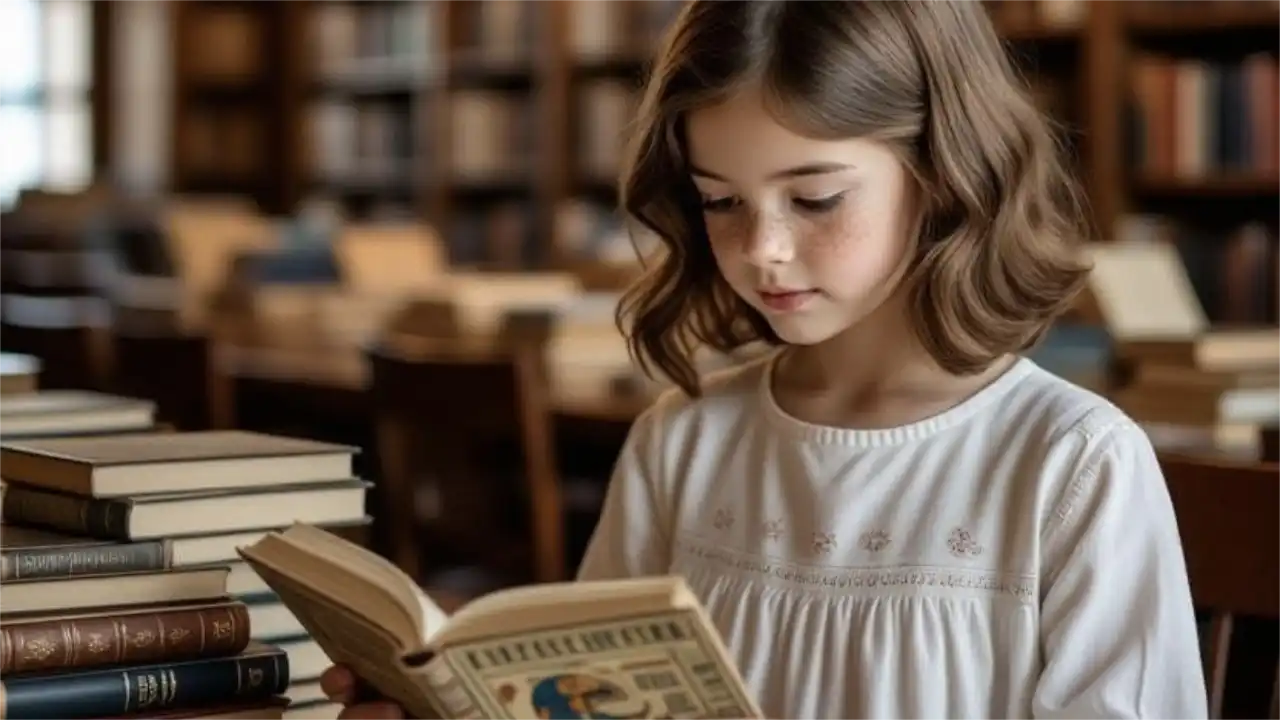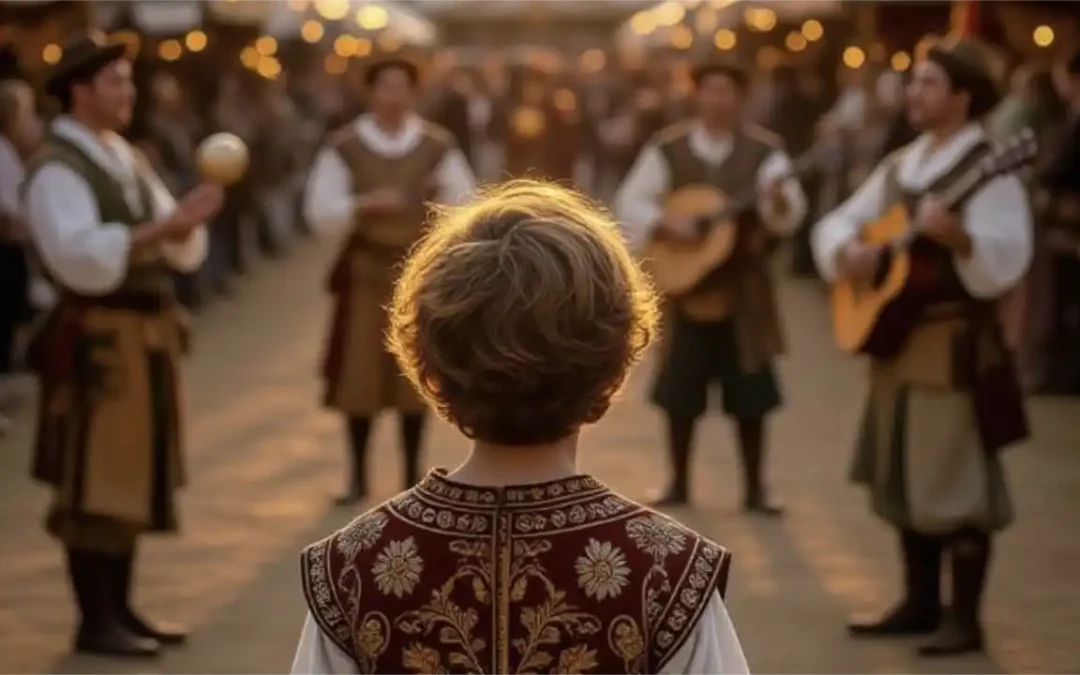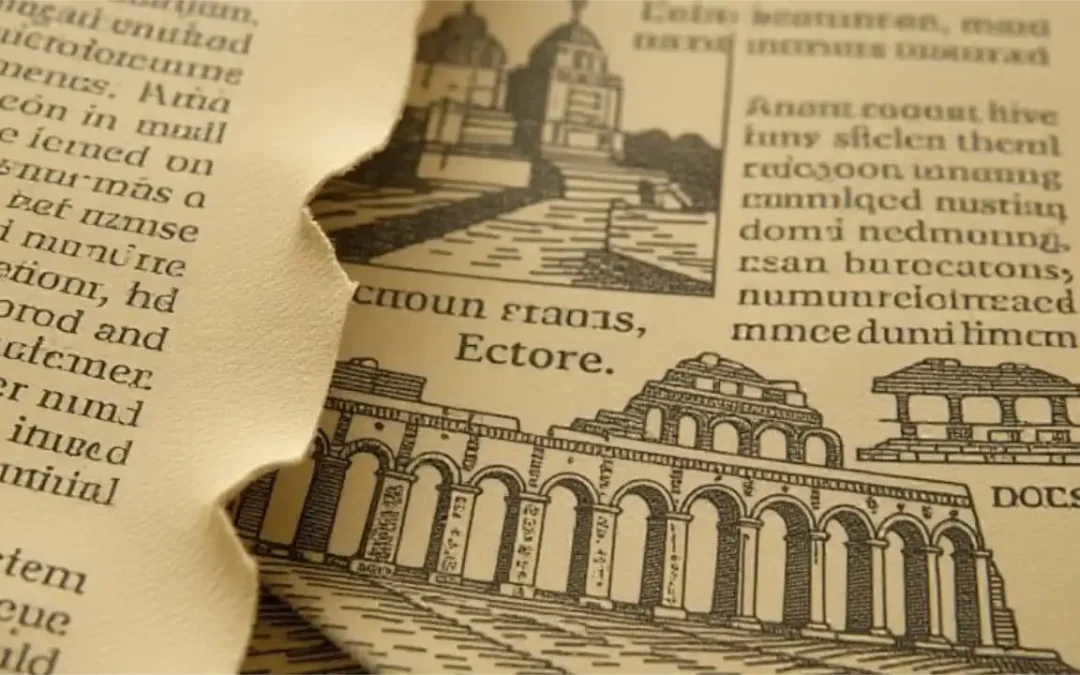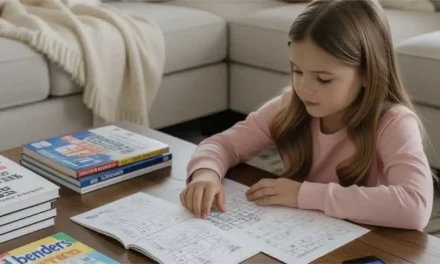
Exploring Historical and Cultural Knowledge: Encourage Reading Books from Different Eras and Cultures
A
s we wandered through the library one day, my daughter paused at a book on ancient Egypt. “What was life like back then?” she asked, peering at images of scribes and bustling markets along the Nile. Her imagination caught fire. Just as Renaissance thinkers were stirred by rediscovered scrolls, children come alive when they read about people unlike themselves. These stories widen their lens, deepening empathy and awakening lasting curiosity about other cultures and eras.
We later read about Egyptian festivals—music echoing through the streets, feasts shared under the stars. “What would it feel like to dance with your whole village?” she asked. That image stayed with her. For a school project, she compared those ancient rituals to modern holidays, finding threads that linked them. Her insights earned praise, but more than that, they showed her how past and present speak to each other. Moments like these help children see tradition as something living—and themselves as part of a broader human story.
You can bring this to life by choosing a new cultural story to read each month. Focus on how people lived, what they believed, and how they celebrated. Let your child draw scenes, invent characters, or write a short diary in the voice of someone from that world. Visit a museum or attend a cultural festival to give the story shape. These small rituals deepen understanding and help children grow into curious, compassionate thinkers—ready to connect across backgrounds at school, in friendships, and beyond.
Exploring Historical and Cultural Knowledge

Exploring Historical and Cultural Knowledge: Join Cultural Events and Traditions
Participating in cultural traditions builds identity and belonging. Learn how shared celebrations strengthen family connection and cultural awareness.

Exploring Historical and Cultural Knowledge: Unravel History’s Living Threads
History becomes meaningful when children connect past stories to real life. Help them see how events shape today’s world and their own understanding.
Table of contents

Primordial Soup for the Mind: Navigation
Navigate the book Primordial Soup for the Mind.
TIPS
- Select stories with rich cultural details.
- Ask “What was their daily life like?” to spark curiosity.
- Explore library global sections.
ACTIVITIES
- Story Journey: Read a historical book and ask, “What was life like in this world?” Discuss for 15 minutes.
- Culture Dive: Pick a cultural tale and ask, “What traditions stand out?” Talk for 10 minutes.
EXAMPLE
My son read about Renaissance Italy, saying, “They painted like dreamers!” His history passion grew.

Download “Primordial Soup for the Mind: A Parent’s Guide to Nurturing Intellectual Growth”
Enter your information to get this article and hundreds more as part of the FREE book Primordial Soup for the Mind.
Share your thoughts with the Thought Academy community in the Comments section below.

Sharpen those skills!
Enter your information to get our FREE practice exercises so you can hone your critical thinking and reasoning skills!







0 Comments